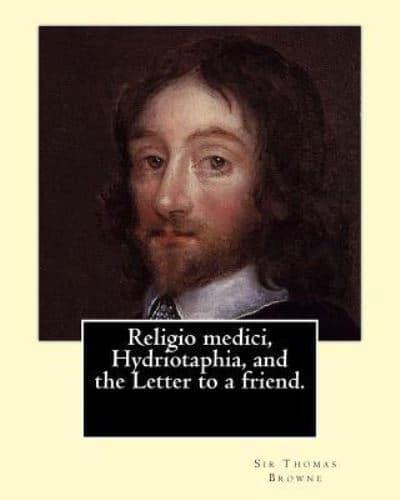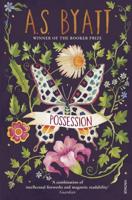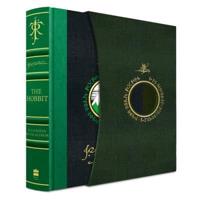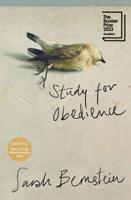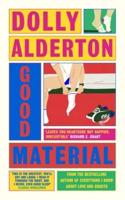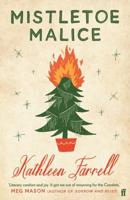Publisher's Synopsis
Sir Thomas Browne ( 19 October 1605 - 19 October 1682) was an English polymath and author of varied works which reveal his wide learning in diverse fields including science and medicine, religion and the esoteric. Browne's writings display a deep curiosity towards the natural world, influenced by the scientific revolution of Baconian enquiry. Browne's literary works are permeated by references to Classical and Biblical sources as well as the idiosyncrasies of his own personality. Although often described as suffering from melancholia, his writings are also characterised by wit and subtle humour, while his literary style is varied, according to genre, resulting in a rich, unique prose which ranges from rough notebook observations to polished Baroque eloquence. Early life: The son of a silk merchant from Upton, Cheshire, he was born in the parish of St Michael, Cheapside, in London on 19 October 1605.His father died while he was still young and he was sent to school at Winchester College. In 1623 Browne went to Oxford University. He graduated from Pembroke College, Oxford in 1626, after which he studied medicine at Padua and Montpellier universities, completing his studies at Leiden, where he received a medical degree in 1633. He settled in Norwich in 1637 and practiced medicine there until his death in 1682. John William Bund Willis-Bund CBE JP (8 August 1843 - 7 June 1928) was a British historian and local Worcestershire politician.
